-
How AI could lead to a better understanding of the brain
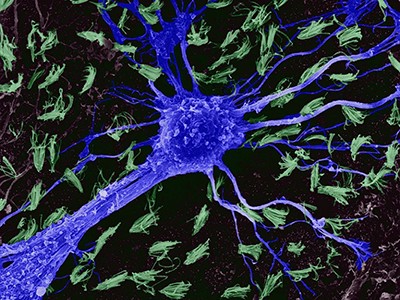
Can a computer be programmed to simulate a brain? It’s a question mathematicians, theoreticians and experimentalists have long been asking — whether spurred by a desire to create artificial intelligence (AI) or by the idea that a complex system such as the brain can be understood only when mathematics or a computer can reproduce its…
-
Nature retracts controversial superconductivity paper by embattled physicist

Physicist Ranga Dias is under investigation by his institution, the University of Rochester in New York.Credit: Lauren Petracca/New York Times/Redux/eyevine Nature has retracted a controversial paper1 claiming the discovery of a superconductor — a material that carries electrical currents with zero resistance — capable of operating at room temperature and relatively low pressure. Why a…
-
Publisher Correction: First observation of 28O
Correction to: Nature https://doi.org/10.1038/s41586-023-06352-6 Published online 30 August 2023 This paper was originally published under a standard Springer Nature license (© The Author(s), under a exclusive licence to Springer Nature Limited). It is now available as an open-access paper under a Creative Commons Attribution 4.0 International license, © The Author(s). The error has been corrected…
-
Cutting health and science support should not be an option in Argentina’s election
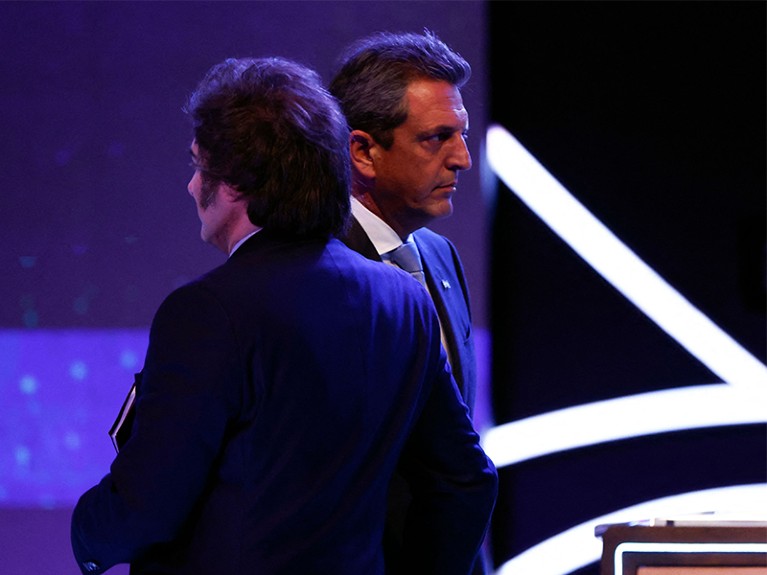
Voters will choose between Sergio Massa (right) and Javier Milei as Argentina’s next president on 19 November.Credit: Tomas Cuesta/AFP/Getty At the end of last month, people in Argentina voted in the first round of presidential elections. Sergio Massa, the current economy minister for the ruling centre-left party, took a narrow lead over economist and television…
-
Ligand recognition and G protein coupling of trace amine receptor TAAR1
Abstract Trace amine-associated receptors (TAARs), a group of biogenic amine receptors, play pivotal roles in neurological and metabolic homeostasis1. They recognize diverse endogenous trace amines (ETAs) and subsequently activate a range of G protein subtype signaling pathways2,3. Notably, TAAR1 has emerged as a promising therapeutic target for treating psychiatric disorders4,5. However, the molecular mechanisms underlying…
-
Recognition of methamphetamine and other amines by trace amine receptor TAAR1
Abstract Trace amine-associated receptor 1 (TAAR1), the founding member of a nine-member family of trace amine receptors, is responsible for recognizing a range of biogenic amines in the brain, including the endogenous β-phenylethylamine (β-PEA)1 as well as methamphetamine (METH)2, an abused substance that has posed a severe threat to human health and society3. Given its…
-
The ‘brazen’ science that paved the way for the Higgs boson (and a lot more)
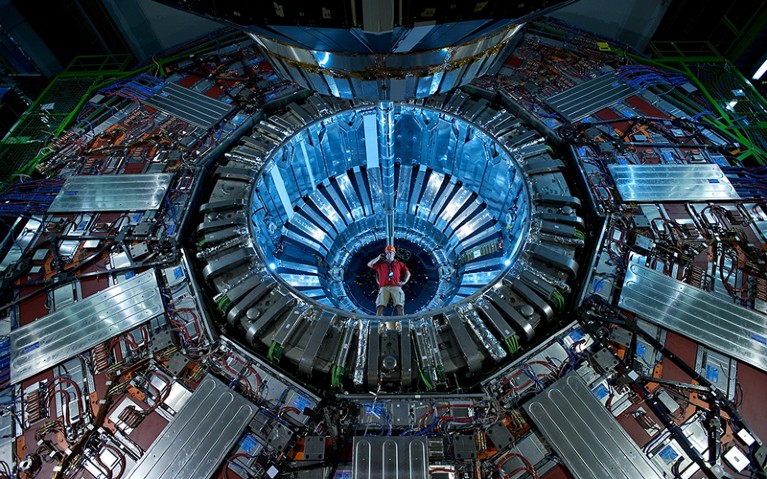
The CMS detector at CERN, Europe’s particle-physics lab near Geneva, Switzerland, where researchers found evidence of the Higgs boson.Credit: Fons Rademakers/CERN/SPL Grace in All Simplicity: Beauty, Truth, and Wonders on the Path to the Higgs Boson and New Laws of Nature Robert N. Cahn & Chris Quigg Pegasus (2023) In Grace in All Simplicity, particle…
-
Spotlight on air pollution in Africa
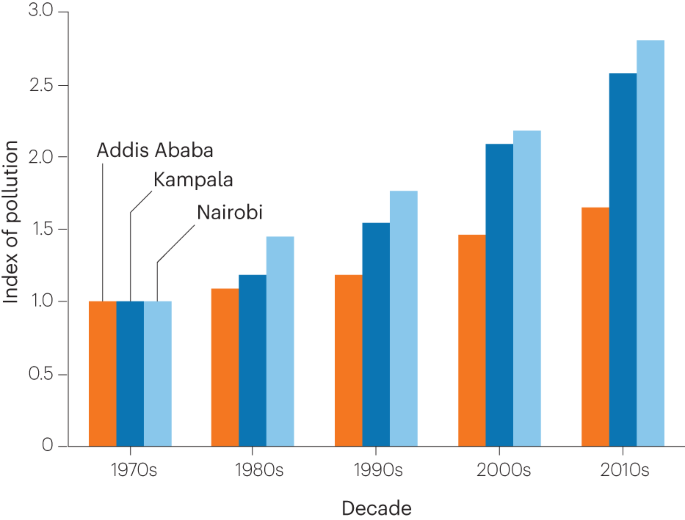
Africa’s worsening air pollution has received too little attention. We argue that actions are needed in energy transition management, transport emission regulation and waste management to protect Africa’s air quality. Download PDF Africa is experiencing some of the worst air pollution in the world and air quality has deteriorating rapidly over the past 50 years1…
-
Real-time monitoring of the reaction of KRAS G12C mutant specific covalent inhibitor by in vitro and in-cell NMR spectroscopy
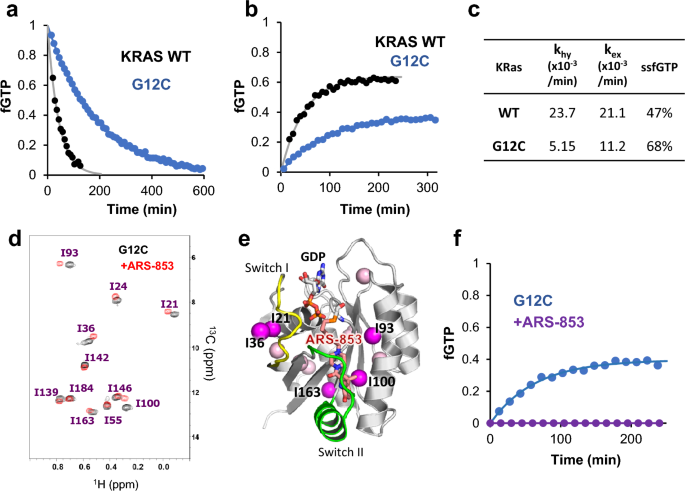
Abstract KRAS mutations are major drivers of various cancers. Recently, allele-specific inhibitors of the KRAS G12C mutant were developed that covalently modify the thiol of Cys12, thereby trapping KRAS in an inactive GDP-bound state. To study the mechanism of action of the covalent inhibitors in both in vitro and intracellular environments, we used real-time NMR…
-
Community speaks up for science in the UK culture wars
Last month I coordinated an open letter to the UK prime minister and the UK secretary of state for science, innovation and technology (go.nature.com/47exuxk), which directly challenges their vow to banish “the slow creep of wokeism” and “political correctness” from science (go.nature.com/3twjxdx). Competing Interests The author declares no competing interests.